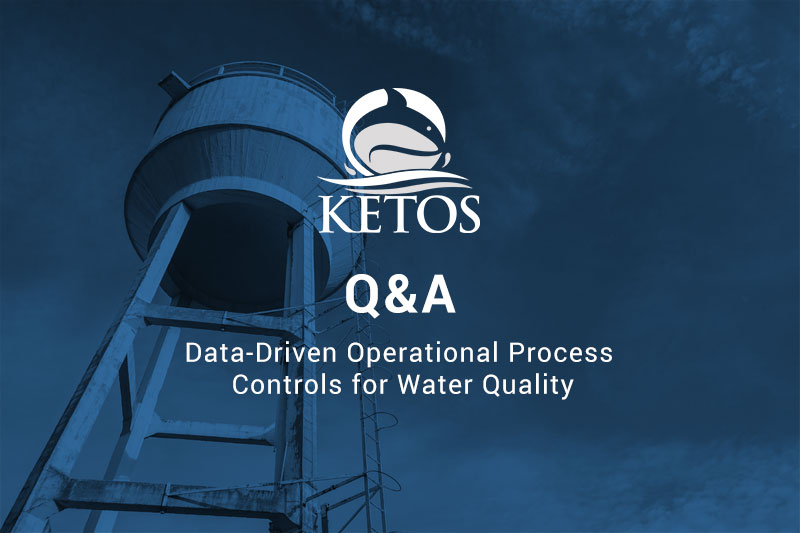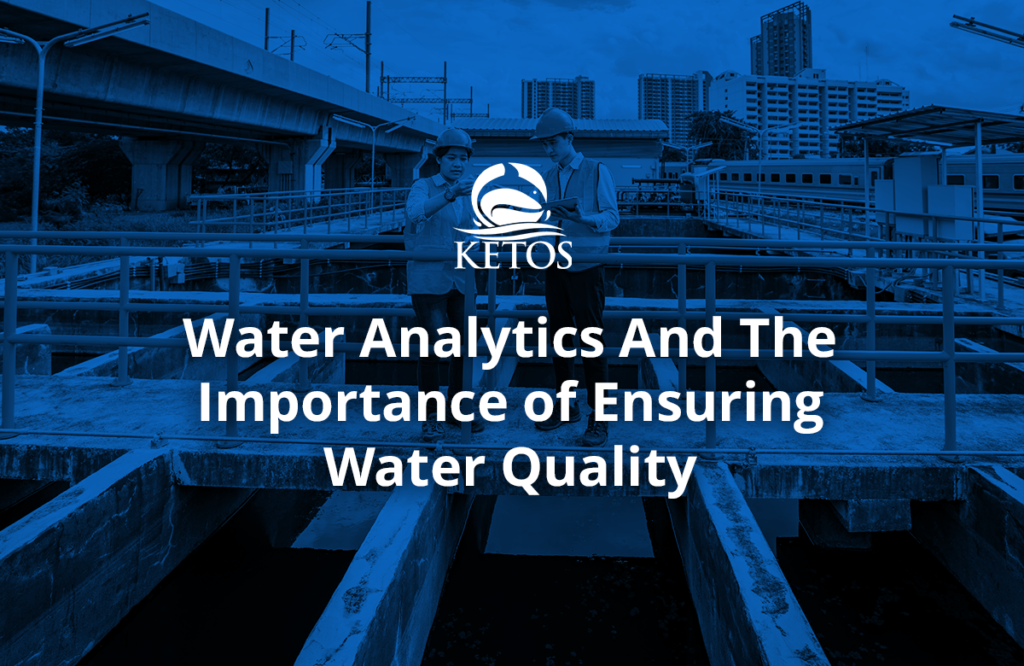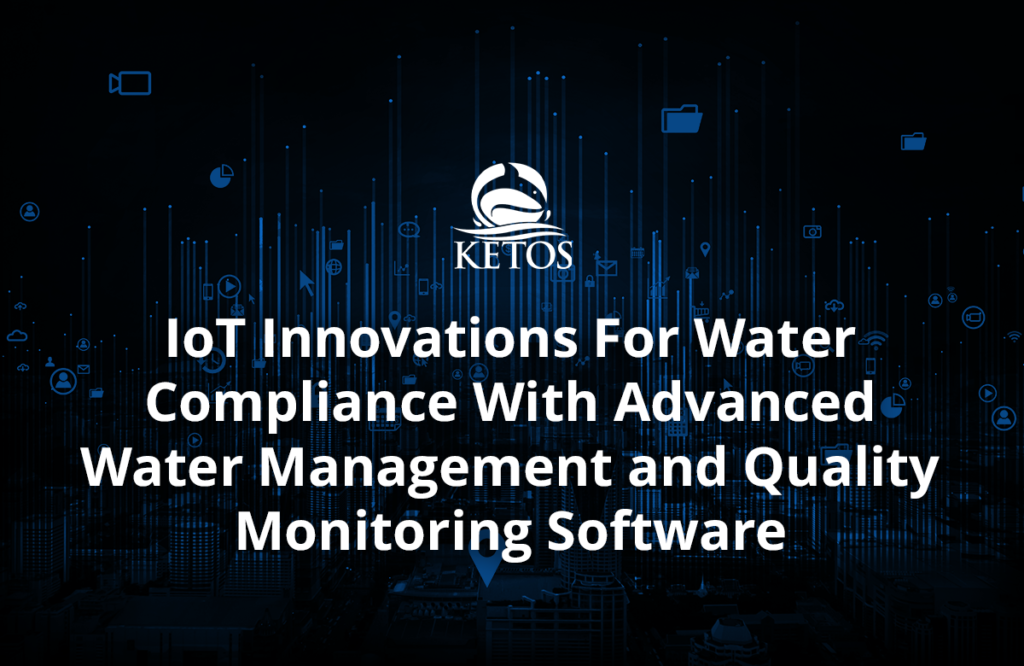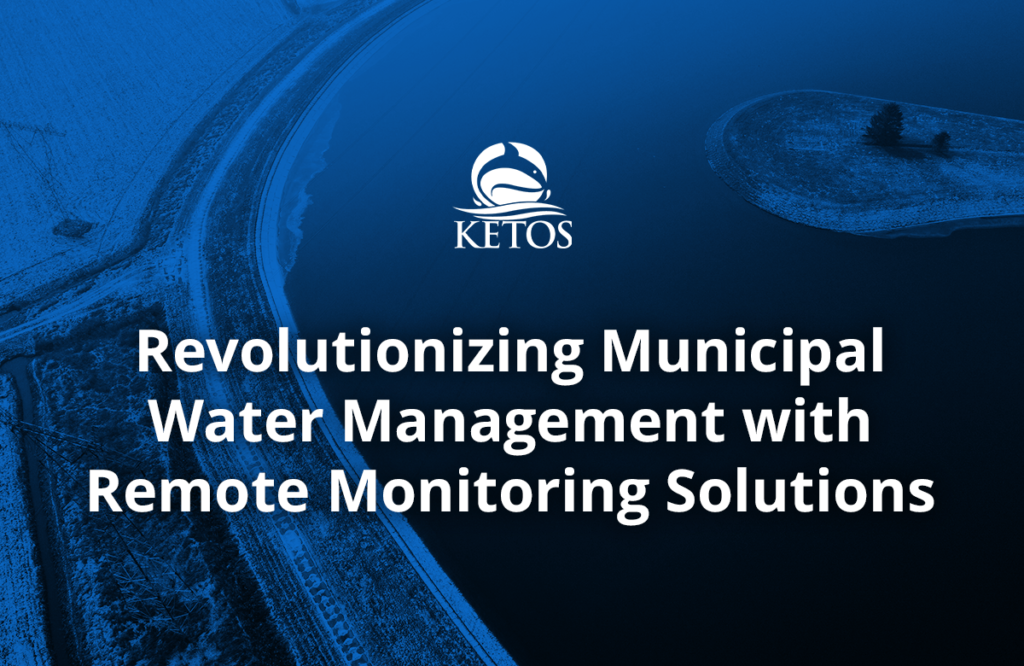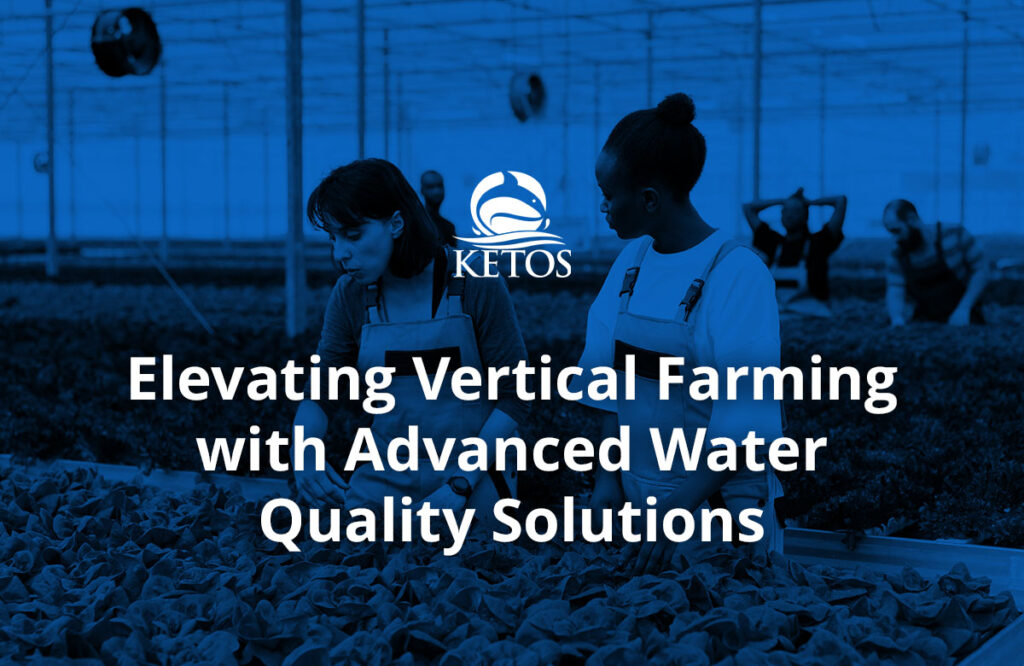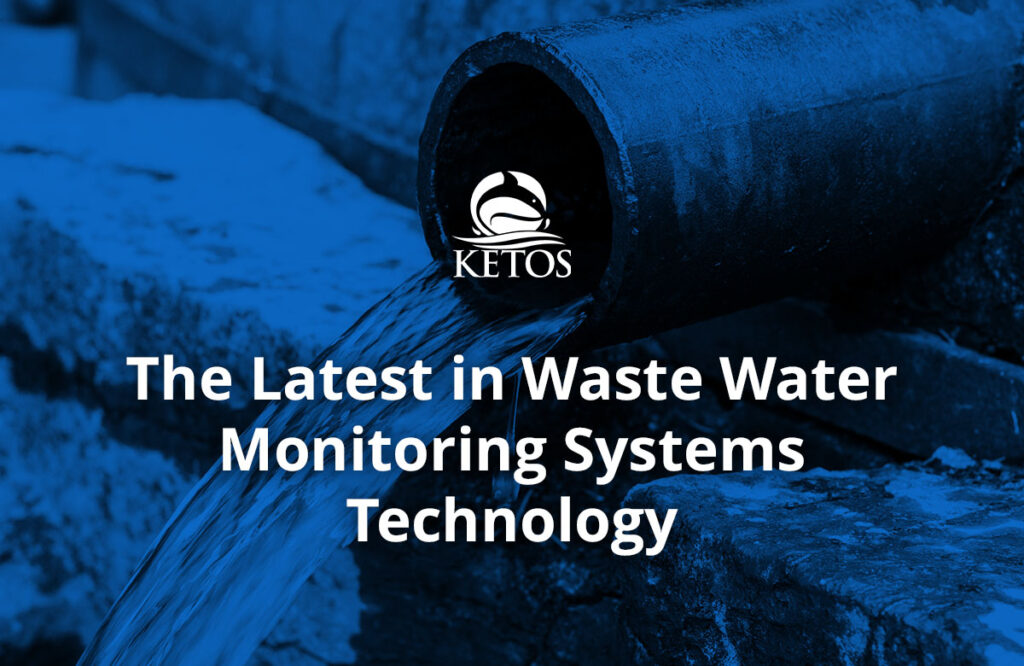Data-driven water quality is integral to water operators being able to manage their water infrastructure. Meena Sankaran (KETOS, Founder & CEO) and Kevin Fisher (WaterStart, CTO) recently discussed how water operators are leveraging instrumentation and water quality data. This is used to measure, track, and control acute limits for critical contaminants in real-time. They covered a variety of topics including how to:
- Monitor water quality remotely and make informed sampling and operational decisions
- Implement controls for critical elements like acid and disinfection by-products
- Increase efficiency and reduce the number of grab samples needed and avoid superfluous sampling
A recording of the webinar is below. Read on for several follow-up questions that, due to time constraints, were not able to be addressed during the webinar.
How are regulatory agencies using this technology as opposed to standardized analytical testing methods? Does KETOS comply?
The KETOS Shield solution is EPA compliant. It integrates methodologies that are equivalent to or a modified version of EPA recommended methods. Currently, the data has been validated over the last 3 years.
What is the difference between implementing an instrument for compliance purposes and making sure that compliance is achieved? How can we justify a budget for non-compliance projects?
Using additional instrumentation to monitor the process rather than simply monitoring the final product quality will help remedy a problem before it reaches our customers. An additional instrument could prevent a situation where the compliance sample reveals a violation. Corrections in the process are made prior to violations or operational mishaps.
What role does IoT play in a data-driven water quality solution like KETOS?
The patented KETOS IoT Sensor System autonomously monitors water efficiency and water quality. The KETOS WAVE monitors flow, pressure, volume, and other efficiency data points. The KETOS SHIELD provides lab-accurate water quality data in real-time across dozens of parameters.
Any recommendations/strategies to help water providers get funding for additional data-driven water quality items such as sensors (e.g. get public buy-in without inducing public anxiety)?
I suggest that improvements in water quality and asset management be used. Many new technologies (proved via a pilot project) can be financially worthwhile. Proving a technology via a less expensive pilot can de-risk a sensor investment. Once the technology is proven then a full-scale deployment can be considered.
Does the KETOS solution do ortho monitoring?
KETOS Shield currently does Orthophosphate monitoring. It is currently implemented with customers in the US.
In Canada, we add fluoride to the drinking water. Can you talk about using this monitoring to add chemicals to the system?
The KETOS Shield monitors for water post-addition of chemicals and understands the composition pre/post-treatment.
Using data-driven water quality technology like sensors to control chemical feeds has been a trusted technique for many years. Using new innovative sensors (other than free chlorine or chloramines) can be an efficient way to dose chemicals. It’s simply a different sensor that can be used to flow pace chemical feed.
Where can you find the trained operators with new younger staff?
It’s a real problem – over half of the operations staff retiring in the next five years! I suggest a two-fold process. First, look to provide training to internal staff who may be interested in migrating to operations. The American Water College offers excellent online training as does AWWA. Second, there are several colleges and junior colleges that offer Operations degrees. These are offered in Water Treatment, Waste Water Treatment, and Distribution/Transmission operations.
With the business model of KETOS doing the maintenance and managing the equipment, water operators can remain experts while technologists can play the role of trusted advisors.
